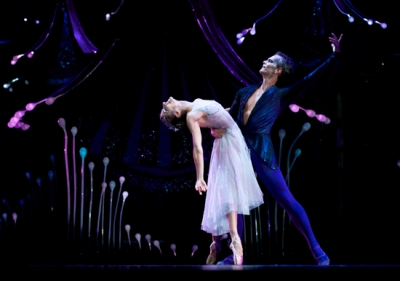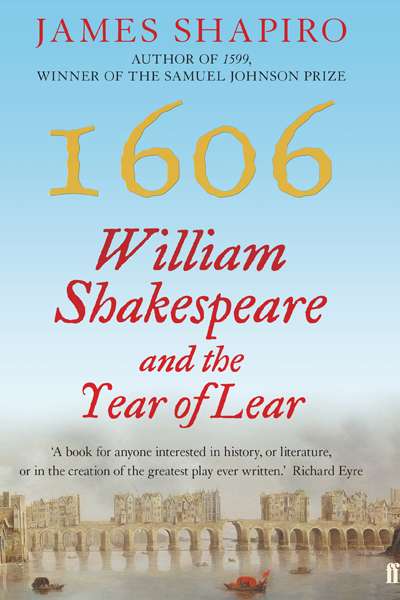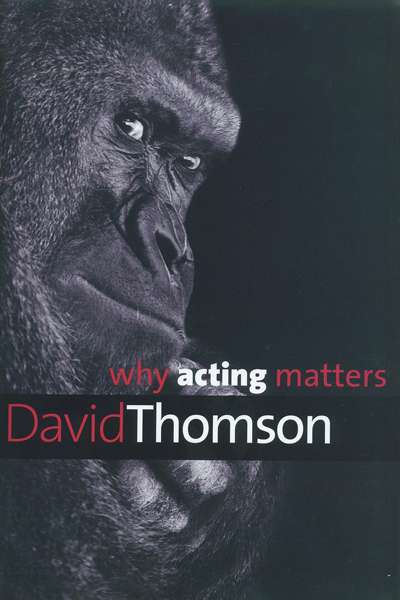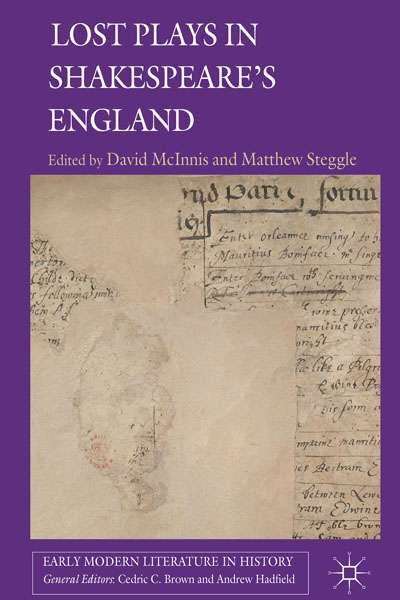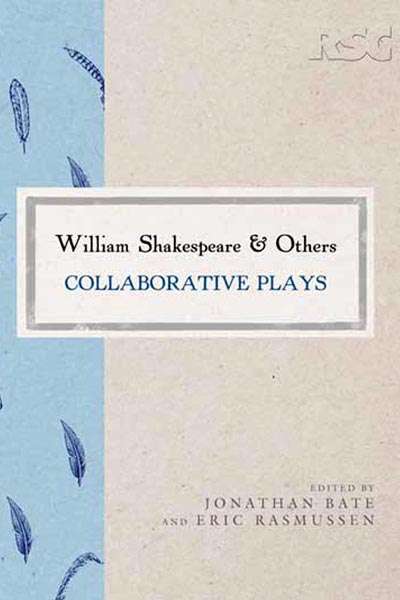William Shakespeare
Whatever else Peter Evans's production of Othello has going for it, and it has indeed much, the speaking of Shakespeare's verse is outstanding. It is never declamatory, in the way that some famous actors of earlier decades dealt with it. The verse emerges entirely intact, but is always made to ...
... (read more)How appropriate that Queensland Ballet is playing A Midsummer Night's Dream in the 400th anniversary year of William Shakespeare's death. This is not the Royal Ballet's production by Frederick Ashton for London's 1964 celebrations of the Bard's birth but a co-production with the Royal ...
... (read more)Everything, it seems, depends on Juliet: for nothing can be ill, if she be well cast. And if she not be well cast? The question is an idle one, because in Kelly Paterniti we have an excellent Juliet. She is vibrant and original. Whatever faults this new Bell Shakespeare production may have, in her ...
... (read more)1606: William Shakespeare and the year of Lear by James Shapiro
1606 was a rough year for England. In late 1605 the Gunpowder plotters nearly blew up the government; a Catholic rebellion in Warwickshire sharpened the country's fear. England's ports were closed and an army raised; bonfires lit the streets of London and guards manned the city gates. Later, the Tower drew its bridge and loaded cannons upon the (false) report of Kin ...
It has been said we get the versions of Shakespeare that mirror our times. If so, it is chilling to speculate what Australian director Justin Kurzel’s take on Macbeth, the story of a loyal warrior who succumbs to the temptation to commit regicide, says about the current state of the world.
Macbeth, Shakespeare’s darkest and bloodiest tale, ...
Twenty-five years ago, John Bell undertook to create an Australian theatre company devoted to Shakespeare, a travelling repertory company that would give wide access to this wonderful legacy of our language. It harked back to a time when Shakespeare mattered so much to Australians that an actor could make a name performing Shakespeare rather than appearing in Hollyw ...
Why Acting Matters by David Thomson & Great Shakespeare Actors by Stanley Wells
Why Acting Matters has on its cover the face of an ape; well, actually it’s Andy Serkis playing Caesar, ‘the top ape’ in Dawn of the Planet of the Apes (2014). The point of this rather unexpected image from a movie not discussed in the book is, the blurb tells us, that ‘acting is baked into our primate DNA’. These two books, however, by elder ...
Hamlet belongs to the final years of Elizabeth’s reign, when the system of espionage the old queen had created through her spymaster-general, Francis Walsingham – the network of ‘watchers’, as Stephen Alford calls them in a recent brilliant study of this phenomenon – had become an acknowledged part of everyday life in England. In the theatre, these ...
Lost Plays in Shakespeare's England edited by David McInnis and Matthew Steggle
‘The art of losing isn’t hard to master,’ Elizabeth Bishop once famously wrote; ‘So many things seem filled with the intent / to be lost that their loss is no disaster.’ Much modern technology seems designed specifically to counter this natural human propensity towards loss. We have key rings that respond obediently to their owner’s whistle, immediately ...
William Shakespeare and Others: Collaborative Plays edited by Jonathan Bate and Eric Rasmussen
Shakespeare was commonly regarded by his Romantic admirers as a solitary figure, whose prodigious talents were linked in some mysterious fashion to his isolation from society and from his fellow writers. ‘Shakespeare,’ wrote Coleridge in 1834, ‘is of no age – nor, I might add, of any religion, or party, or profession. The body and substance of his works came out of the unfathomable substance of his own oceanic mind.’ Carlyle thought likewise; Shakespeare, he believed, dwelt ‘apart, in a kind of royal solitude; none equal, none second’ to his creative powers.
... (read more)


